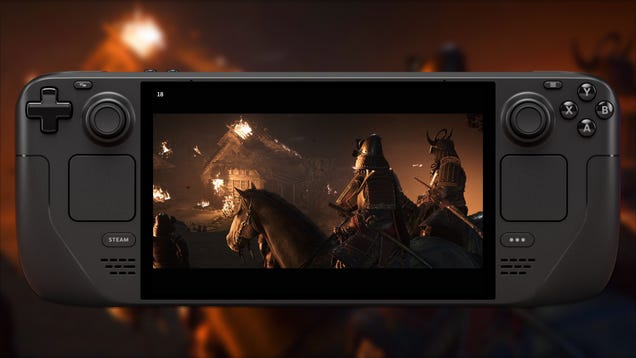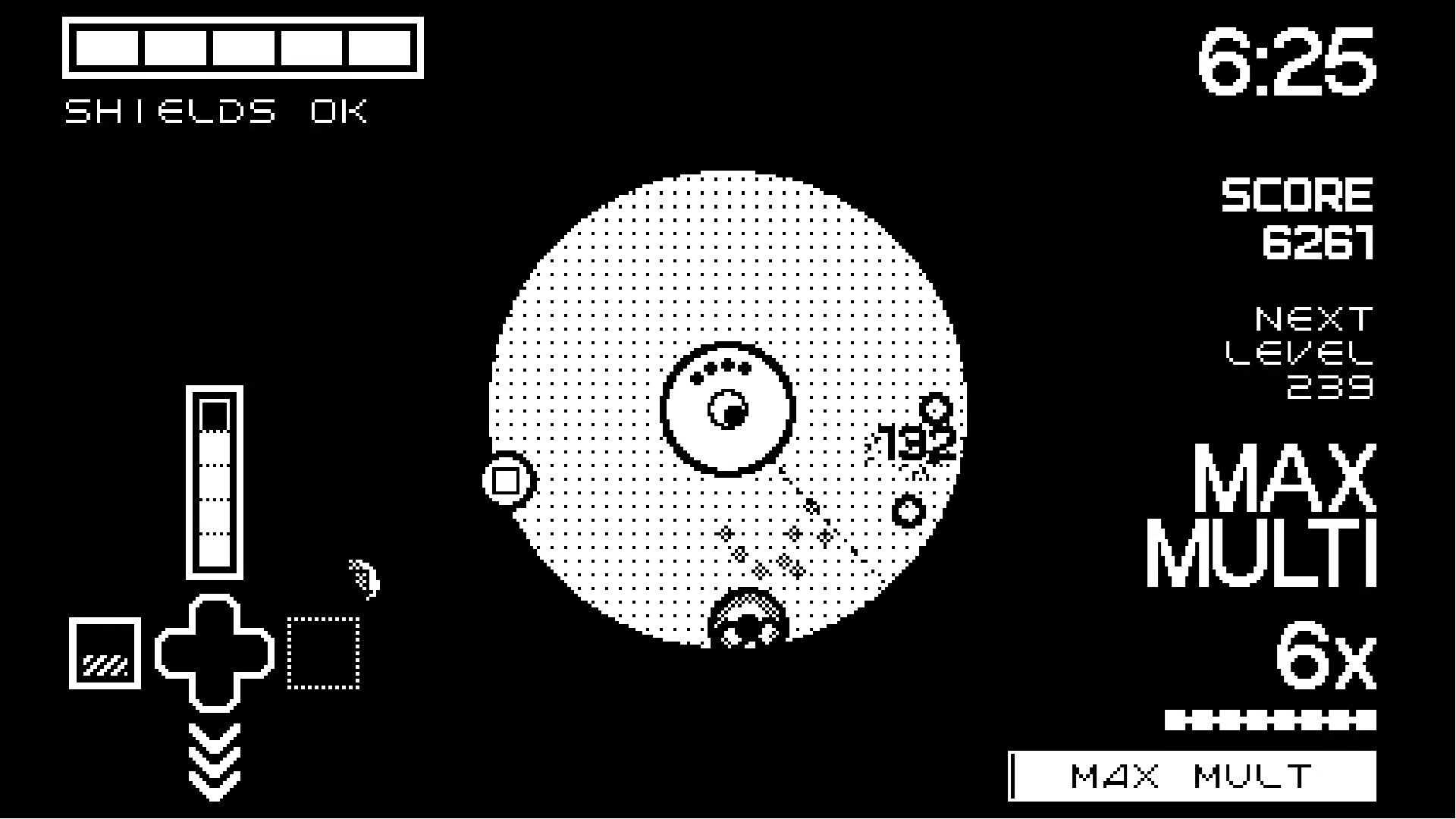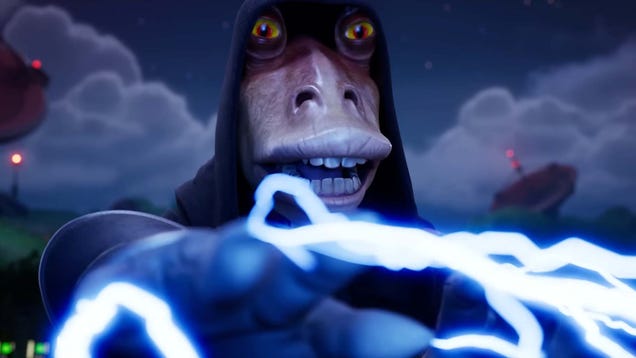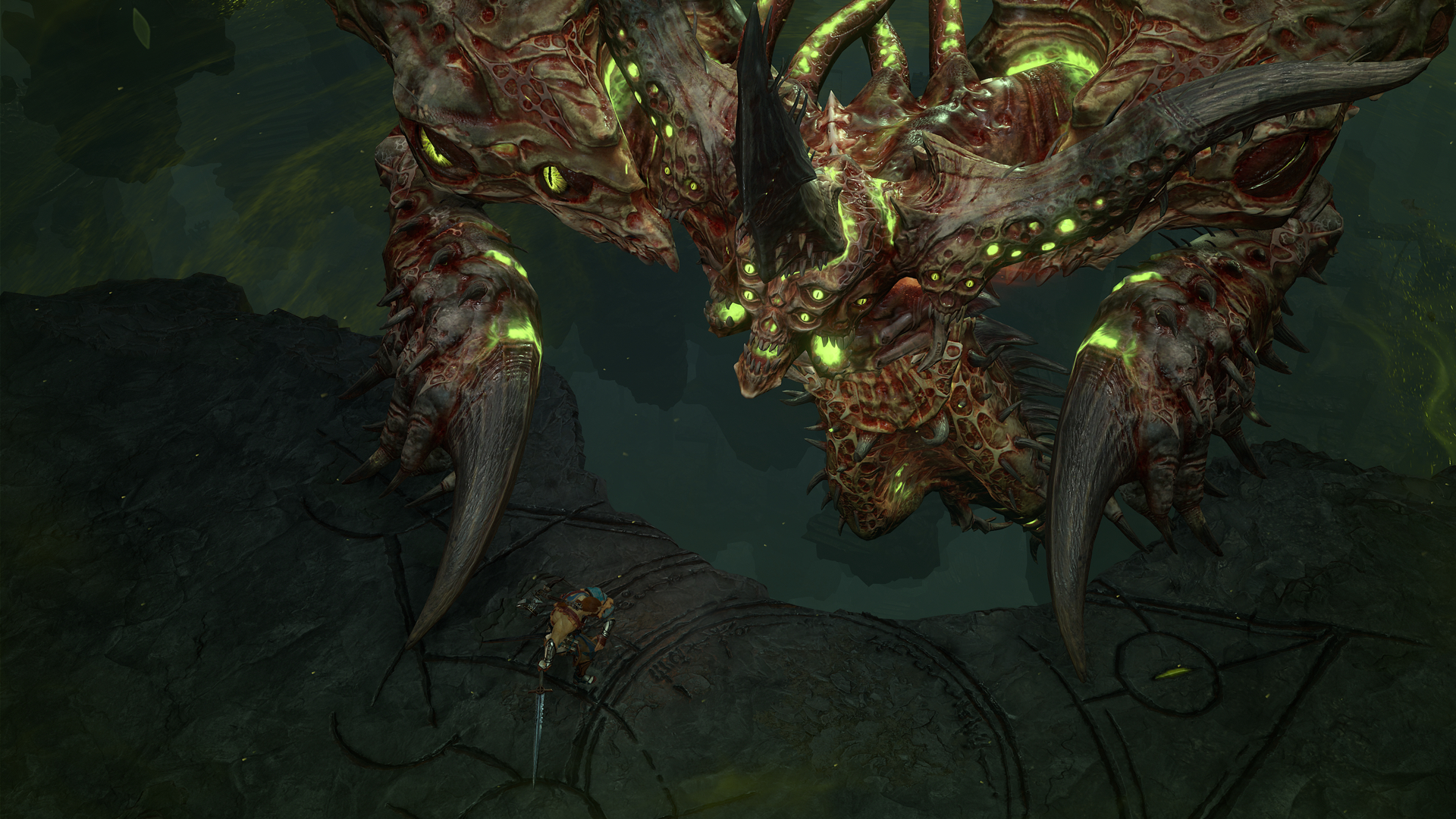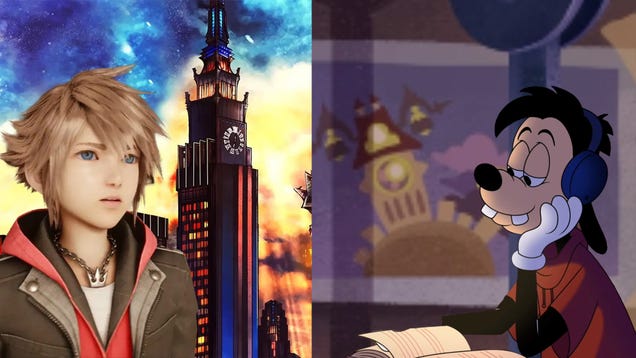
Indika Review - The Devil Makes Three
Indika is a hard game to define. It looks like a horror game, but it’s not scary–at least not in the conventional sense. It plays like a third-person puzzle game, but most of the puzzles don’t require much thought. What Indika definitely is, however, is a fascinating psychological examination of faith and doubt that’s supported by remarkable visuals and mature writing. Occasionally, its ambitions get a little unwieldy, but developer Odd Meter’s decision to take on these heady themes and confidently explore nearly all of them is an impressive feat.
You play as Indika, a nun tormented by a demonic voice in her head, as she travels across a nightmarish interpretation of 19th-century Russia to deliver a letter. Most of the game consists of traveling from point A to B, solving a few puzzles, and watching cutscenes, but within these tasks are moments of introspection and self-discovery. Along the way, she meets an escaped convict named Ilya who claims God speaks to him. What ensues is a nuanced exploration of faith and doubt, love and hate, and pleasure and suffering. Both characters believe in the same God; rather than pitting a believer against a nonbeliever, Indika explores the space that exists between two interpretations of the same faith. This specificity allows Odd Meter to delve into different shades of Christianity and examine how the same texts, rituals, and prayers can be bent to ascertain different meanings.
These frequent philosophical exchanges could have easily come off as overwrought or self-indulgent, but all these musings are in service of the characters and their development over the course of the story. For example, Indika tells Ilya she joined the convent of her own volition, but because her decision was fueled by emotions and experiences that were out of her control, can she really say she became a nun through her own free will? Ilya challenges this notion, and declares that free will is how we rise above our biological dispositions. Reflective conversations like these are key to Indika’s character as she grapples with her faith and attempts to make sense of her life.



